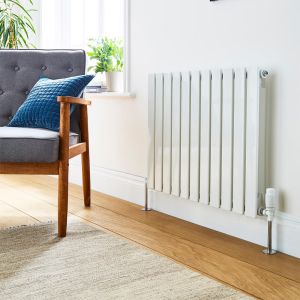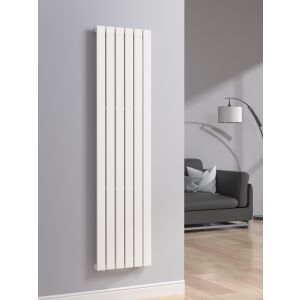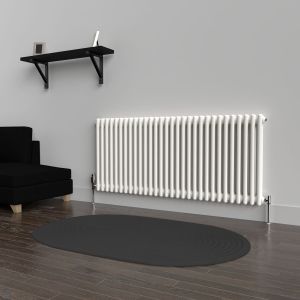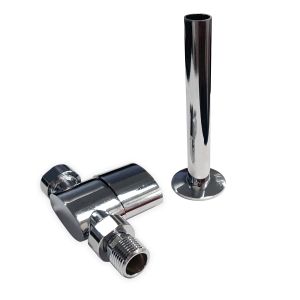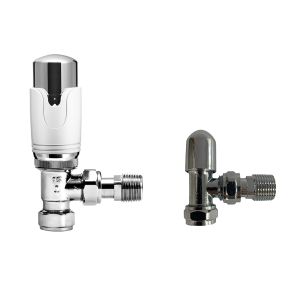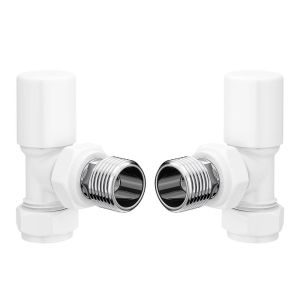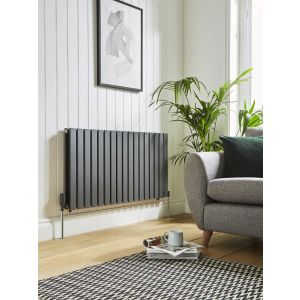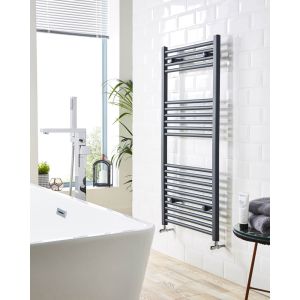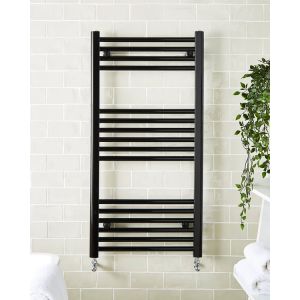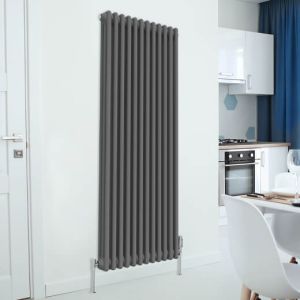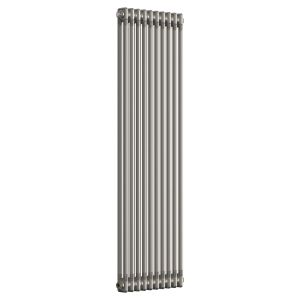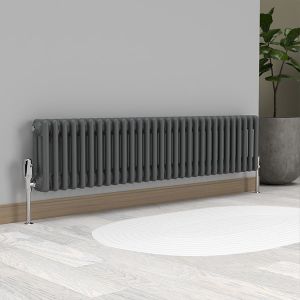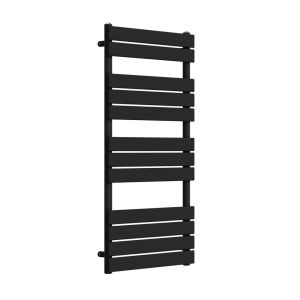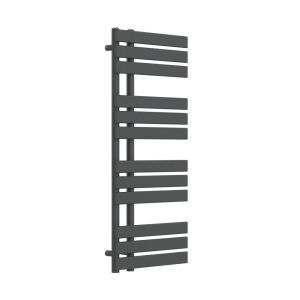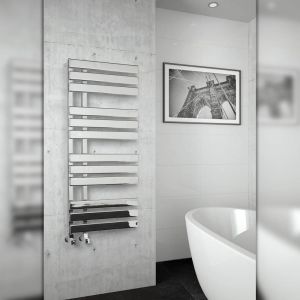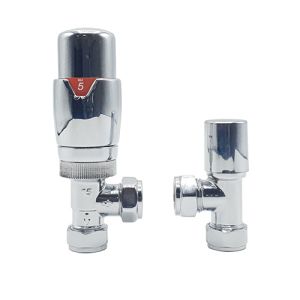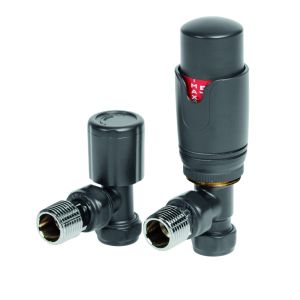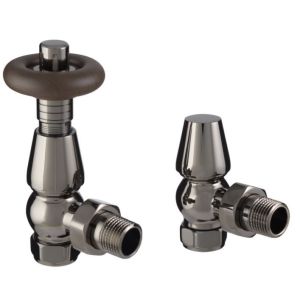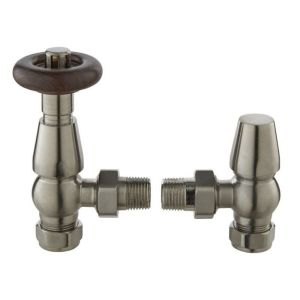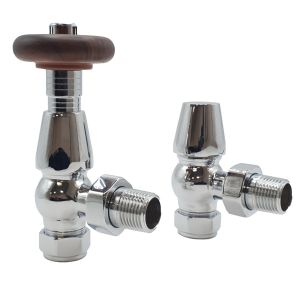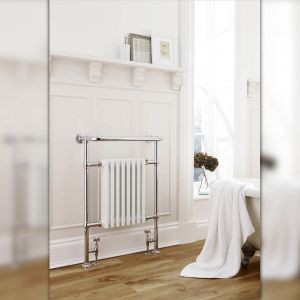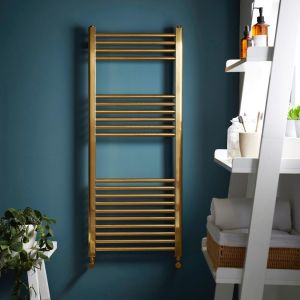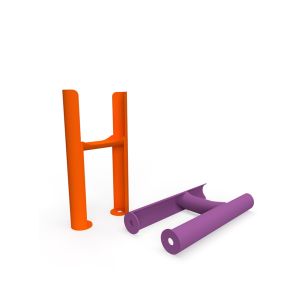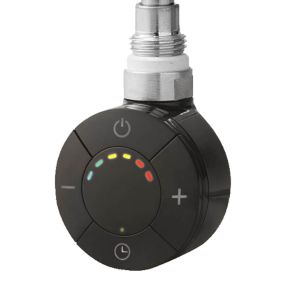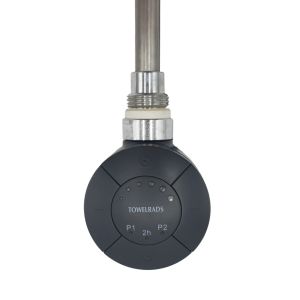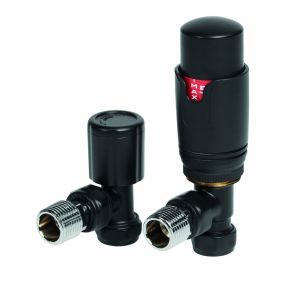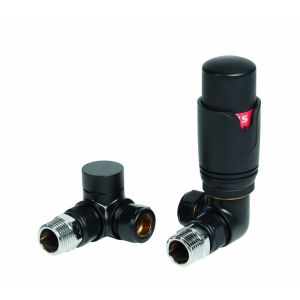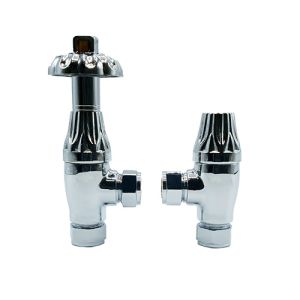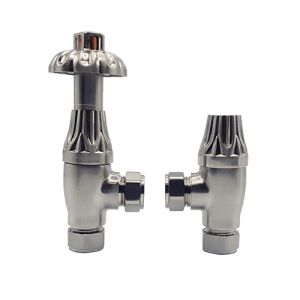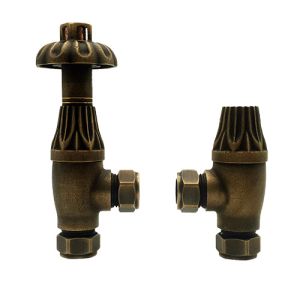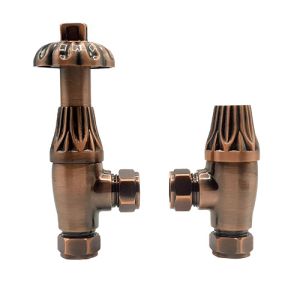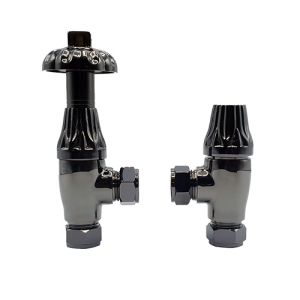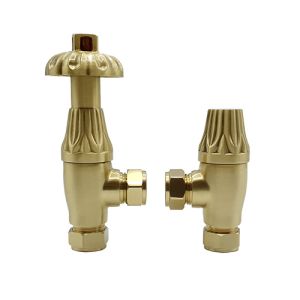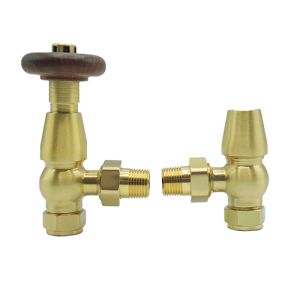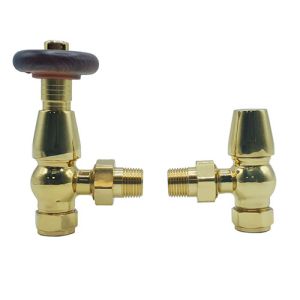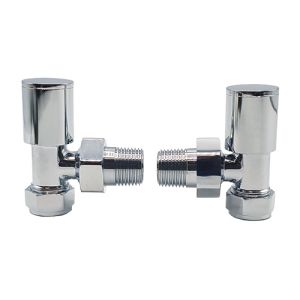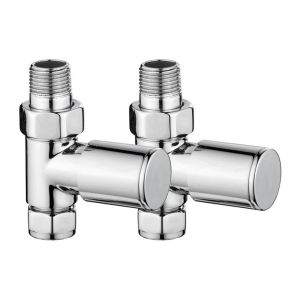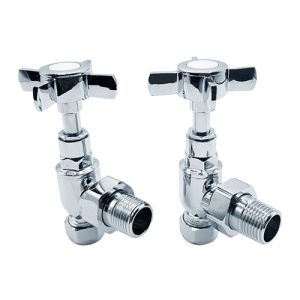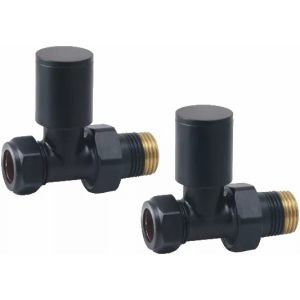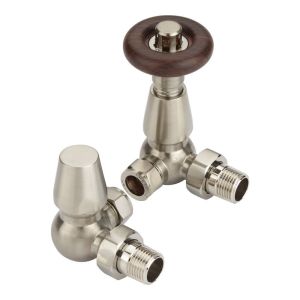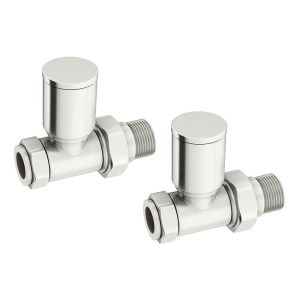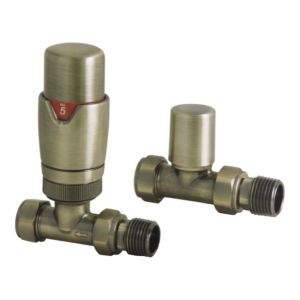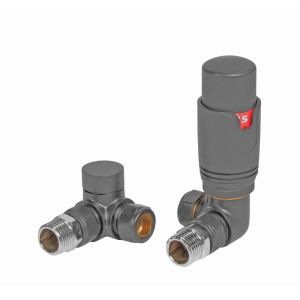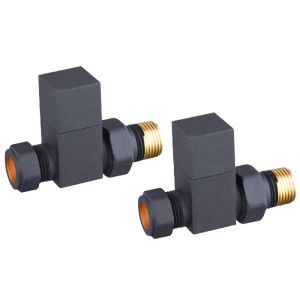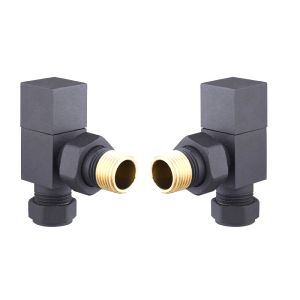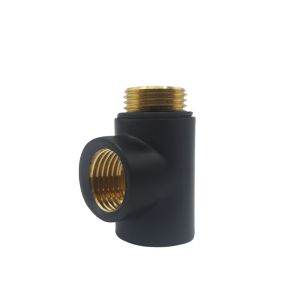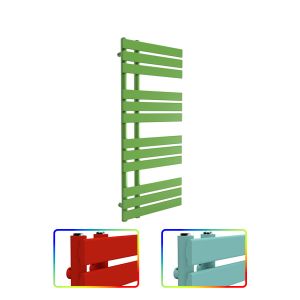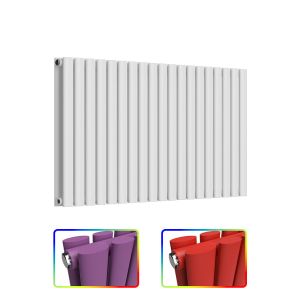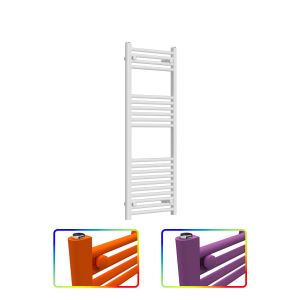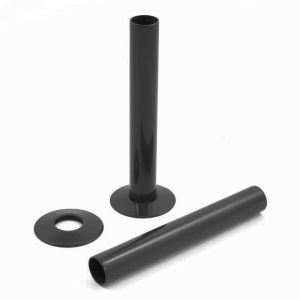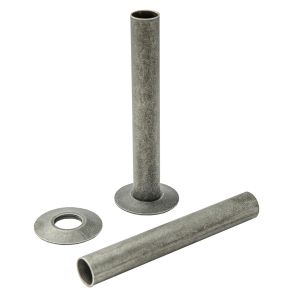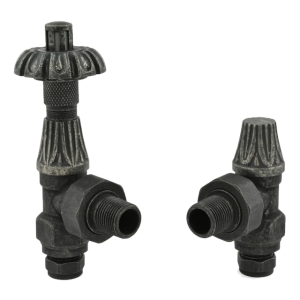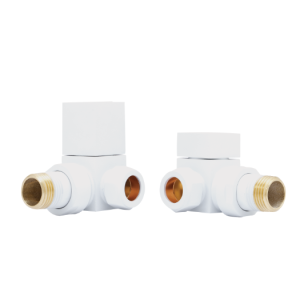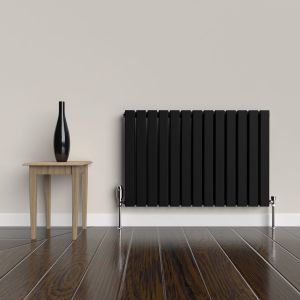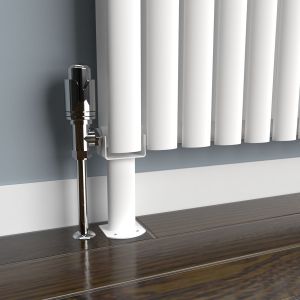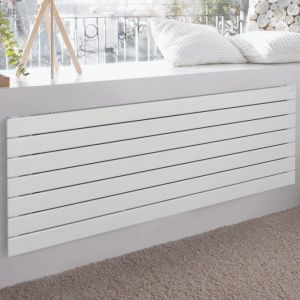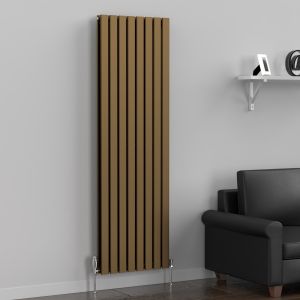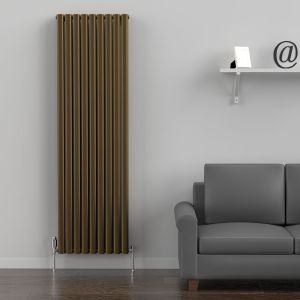Starting To Look For A New Radiator?
Before you pick out your perfect radiator, you need to think about a few factors. You need to think about what’s going to suit your décor and provide the best heating for your space. However, how do you go about knowing the performance levels of different radiators? Delta rings can help you.
Helping You Understand The Meaning Of T50, T60 & T70
When it comes to measuring the BTU output, a delta rating f T50 is the UK/EU standard. This applies to all of our radiator brands except Reina. Reina products get measured at a delta rating of T70.
If you measured up at a delta rating of T70 when the radiator is a T50 then your measurements and results will be wrong. Furthermore, your space won’t be heated efficiently. Please see the example below for reference.

What Is A Delta Rating?
Delta (Δ) is the fourth letter of the Greek alphabet.
Anyone who has taken studious notes may recall using the "Δ" symbol to signify the word "change" and doctors use it to indicate an alteration to treatment.
Historians credit the ancient Greeks with inventing central heating. Temples were even heated by underground flues with heat circulated from a fire. In maths, Delta refers to “a change in figure or amount”.
So, add together those clever cozy warm Grecians, a measurement of the rate of temperature change and it equals Delta T or Δt. Delta T is simply the difference between the heat circulating in the radiator and the desired temperature of the room.
How Is A Delta Rating Calculated?
Our radiators produce different outputs from different temperatures flowing into them. So, basic maths time. Delta T = (Room temperature) - (Average radiator water temperature).
But what is average radiator water temperature? Well, if you have an input of 80 degrees and an output of 60 degrees, then this means that the average radiator water temperature would be 70 degrees. Get it?
When you look at a radiator’s specifications, you’ll find the heat output figure quoted is the unit’s Delta T at a specific room temperature. The standard room temperature desired is usually quoted as 20 degrees C.
So, if the average water temperature across the radiator is 70 degrees C, the Delta T is 50 degrees C. A radiator’s power output is most often expressed in watts.
The wattage of a radiator is based on the system’s likely operating temperature. That output will usually either be expressed as a measurement taken at Delta 60 (Δ T60) or Delta 50 (Δ T50). Delta 50 is the UK standard for all domestic gas boiler systems.
Under BS EN 442, to calculate a Delta rating, radiators must be verified with a flow water temperature of 75°C and a return temperature of 65°C in a test room with a consistent air temperature of 20°C.Furthermore, the flow and return connections should be connected at the same end, normally referred to as ‘top bottom same end’. Add in another acronym - the BTU (British Thermal Unit) calculation is important to determine the right size of a radiator for a space.
A higher BTU rating indicates that more power will be required for the radiator to reach its heating potential. BTU is an imperial unit of energy. It is simply the amount of energy required to heat or cool one pound of water by 1 Fahrenheit.
The higher the BTU rating, the more power is required for the radiator to reach its potential. It’s easy to calculate the BTU that you will require for any room using our free BTU calculator. Simply enter the information and see what radiators are best suited to heat that space.
Which Delta Rating Should I Look For?
It is very important to understand your desired radiators and know what it requires.
If you purchase and install radiators using Delta T60 output figures, you will find they lack power on a Delta T50 system. This would be a costly mistake that requires the replacement of the radiators or you’ll be left with an underheated space.
Plumbing systems powered by modern boilers usually function at Delta 50. This will be the normal specification assumed for most radiator buyers. Although, newer and more efficient heating systems may use radiators with a lower-level output. Delta 30 and Delta 40 work well for lower water temperature systems.
These are best for well-insulated properties built with eco-friendly heating at the forefront. Without sufficient insulation and other energy-saving features, most properties will not be sufficiently heated by a Delta 30 or 40 system. Delta 70 radiators are available, such as the Reina range, which offers high output levels.
How Delta Ratings And BTU Are Connected
Delta and BTU ratings are different units measuring different things. If you’re looking to buy a radiator, always check the BTU rating. You want to make sure it’s precise.
This depends on the Delta rating at which it was calculated. If you are checking BTUs on different radiators, you need to know or specify whether the figure is calculated at Delta 50 or 60.
Also, you might find heating engineers who continue to quote figures based on Delta 60 rather than Delta 50. It’s best to check with them which one they’re using.
You can easily convert between Delta 50, 60 and 70, for example: If a radiator has a heat output of 5000 BTU at ΔT=60, to find the heat output at ΔT=50, you simply multiply the BTU by 0.789. If you have a radiator with a heat output of 5000 BTU at ΔT=60, to find the heat output at ΔT=70, you multiply the BTU by 1.223. If you have a radiator with a heat output of 5000 BTU at ΔT=50, to find the heat output at ΔT=60, you need to multiply the BTU by 1.264.
Are You Still Confused By Delta Ratings?
If all this maths is scrambling your brain, don’t worry! Contact us today, our award winning customer service team is always happy to explain the ins and outs of anything you don’t understand. Furthermore, you should head over to our blog home. We have a huge range of guides to assist you.
Here at DRD, we are very proud of our designer radiators. They are all customisable with a huge range of designs, materials, sizes and finishes available for you to choose from. However, if you are looking for a bargain, we’d recommend checking our discounted radiators on our sale page.










